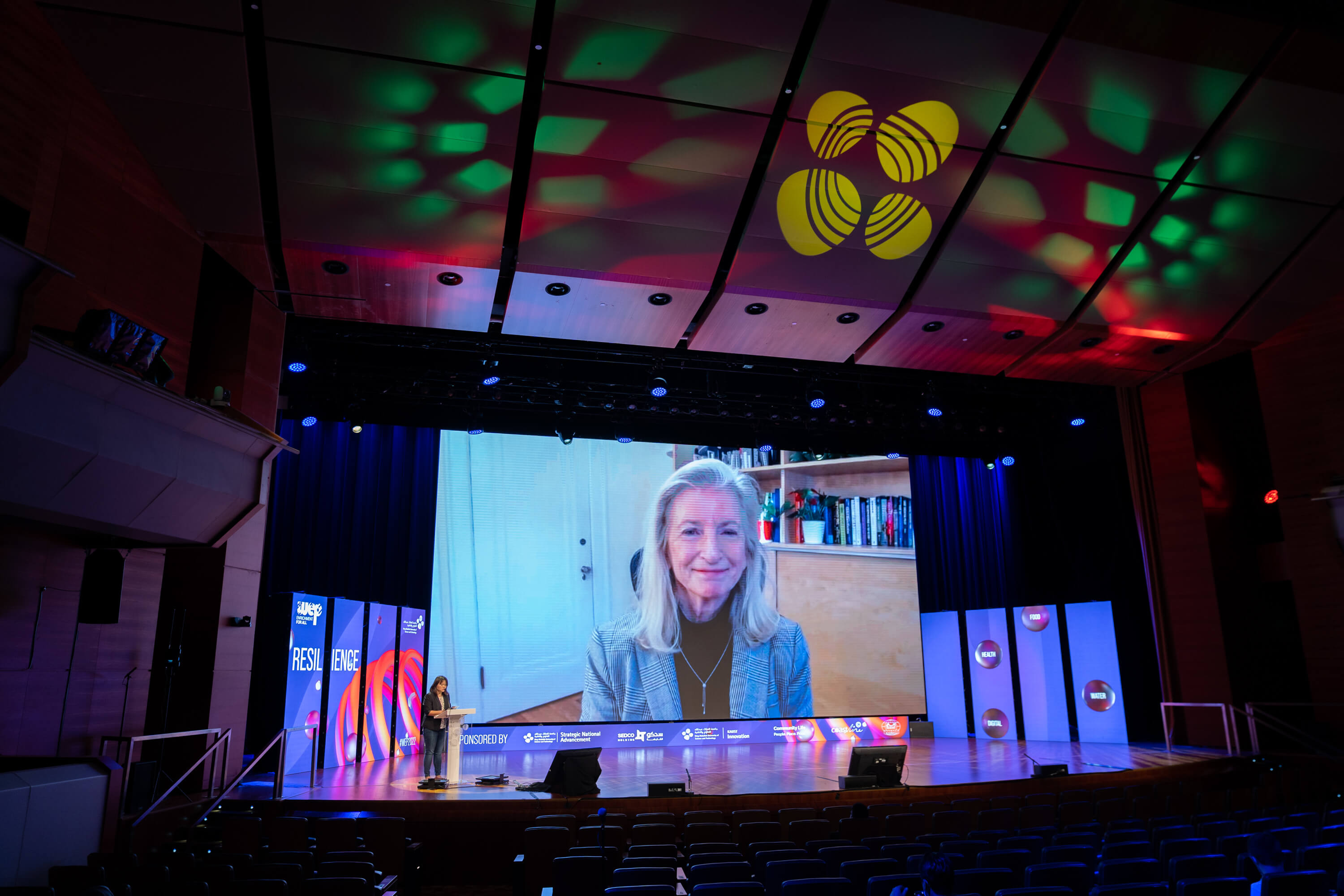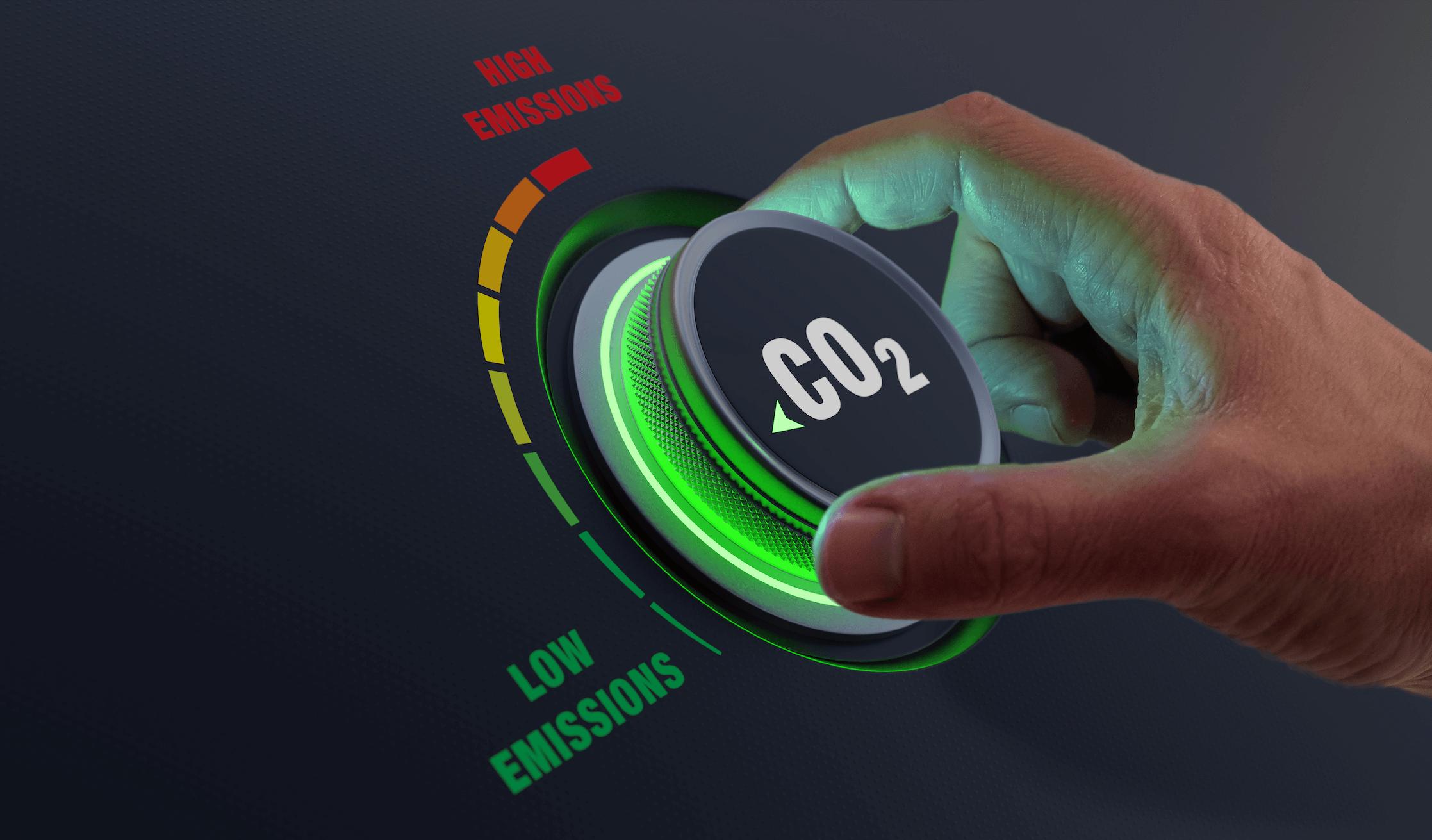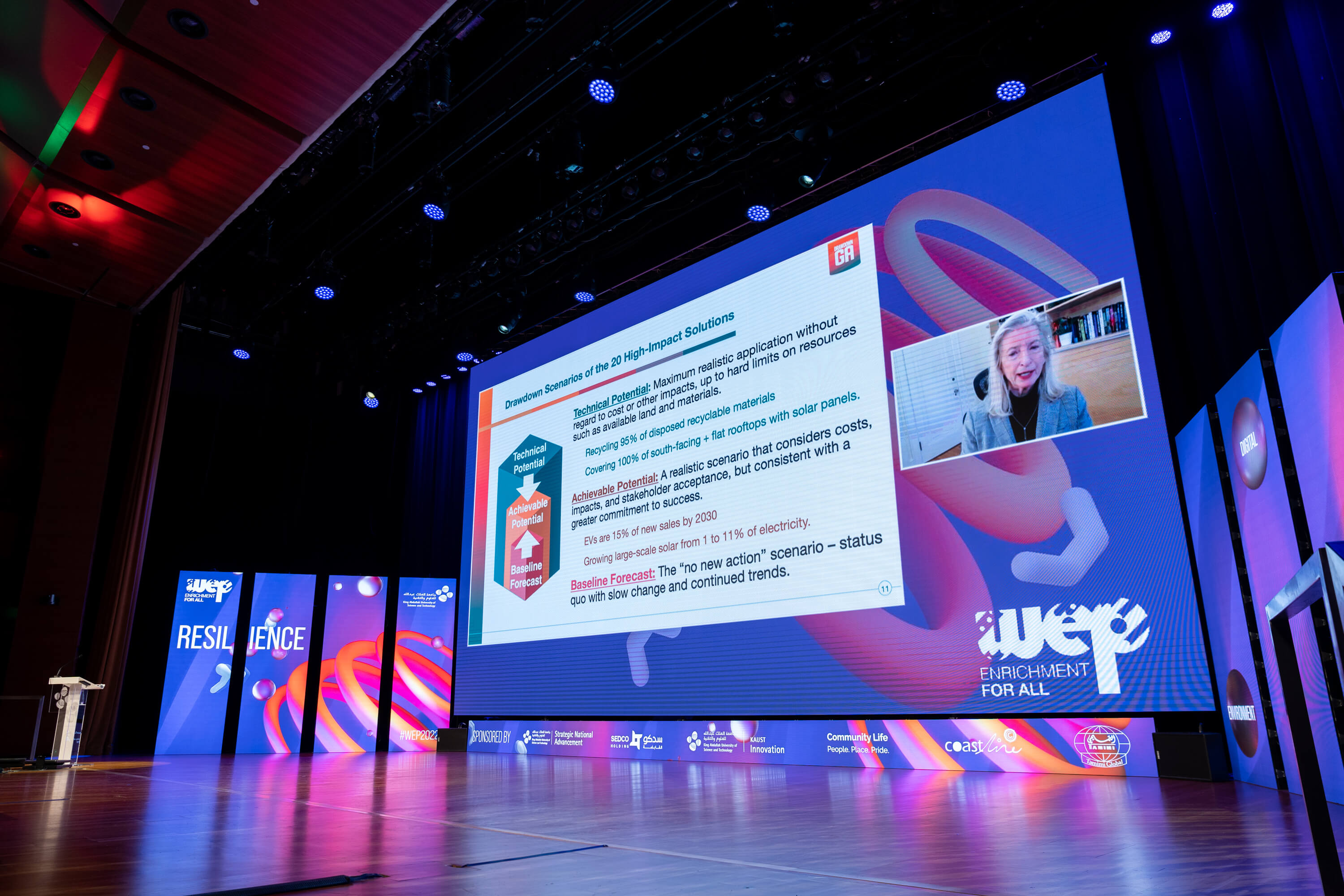Carbon reduction strategies and their impact on system resilience

Marilyn Brown gave a Winter Enrichment Program (WEP) 2022 talk on the importance of devising global strategies to reduce carbon emissions.
On Thursday, 13 January, Marilyn Brown presented a talk on 'Carbon Reductions Strategies and Their Impact on System Resilience' as part of KAUST's 2022 Winter Enrichment Program. Brown is a Regents' Professor in the School of Public Policy at the Georgia Institute of Technology and a Joint Faculty member at Oak Ridge National Laboratory. At Georgia Tech, she created and co-leads the Climate and Energy Policy Lab and the Master of Sustainable Energy and Environmental Management. Her research focuses on the design and modeling of energy and carbon reduction policies and programs.
Carbon reduction goals globally and locally
Brown spoke about the importance of developing localized solutions for global carbon reductions. She noted there were many business opportunities as well as opportunities to enhance our energy systems, using carbon reduction solutions.
"The bottom line is we need a net-zero emissions planet this century by the year 2100," she said. "Currently, we are heading to a planet that is 4-5 degrees centigrade hotter. Our current policies and pledges will take us to 2.5-3.0 degrees."
The Paris Accord had science-based goals, suggesting the world needs to constrain global temperatures to well below two degrees, ideally 1.5 degrees. This will require immediate actions and solutions over the next decade, specifically reducing greenhouse gas emissions in 2030 by 50%.

Reaching the objectives set in the Paris Accord requires a reduction of 50% of greenhouse gas emissions.
Brown noted that 22% of global emissions are currently located in places where governments have put a price on greenhouse gases, while 20% of the world's largest firms have embraced net-zero targets.
"Focusing on the electricity sector, we can't meet these goals without decarbonizing the electrical grid," Brown said. "There are many opportunities in this."
International Energy Agency forecasts for the world from 2010 to 2030 show a great deal of progress has been achieved in the world, but still, show a lot of fossil fuels will be left in the electricity sector by 2030: 50-55% by 2030, "unless we transform our policies and business activates."
'Drawdown Georgia' project
Brown cited environmentalist and entrepreneur Paul Hawken's 100 possible technology fixes to meet a 50% reduction in emissions. These solutions span many sectors. She discussed how to choose which of these are appropriate at a local lens, using her state of Georgia as an example.

Brown and her team came up with 20 local solutions for Georgia.
For the past three years, Brown developed a systemized approach that helps devise what solutions are best to be localized, run the 100 solutions through a filter asking the following in relation to Georgia:
- Is the solution relevant in Georgia?
- Is the technology market-ready to scale by 2030?
- Is there sufficient local experience and available data?
- Can the solution deliver one mil metric tonnes of annual greenhouse gases reductions by 2030?
- Is it cost-competitive with other solutions?
- Are there significant beyond carbon impacts?
As a result, Brown and team came up with 20 solutions for Georgia, which were then reviewed by:
- Technical potential: the maximum realistic application without regard to cost or other impacts, up to hard limits on resources such as available land and materials.
- Baseline forecast: the 'no new action' scenario, status quo with slow change and continued trends.
- Achievable potential: somewhere between the above two options is a realistic scenario that considers costs, impacts, and stakeholder acceptance, but is consistent with a greater commitment to success. Brown gave the example of a target of 15% of electric vehicles in new sales by 2030 and a growing large-scale solar industry from 1 to 11%.
Those 20 solutions in action would drop emissions in Georgia from 156 million tonnes of emissions in 2005 to 79 million tonnes by 2030, a 50% reduction in greenhouse gases.
Of the 20 solutions for Georgia, five are relevant for the Saudi Arabian context:
- Large scale solar
- Demand response
- Rooftop solar
- Retrofitting buildings
- Electric vehicles
Carbon reduction in electrification
Brown highlighted her work on the electrification of the economy. "Electricity is the star of the show," she said, in relation to its ability to transform economies through greener solutions. "Rooftop solar and large scale solar were seen as the biggest impacts and biggest opportunities."
Finally, she asked how do we achieve speed and scale in these solutions, citing a recently published book by John Doerr, Speed and Scale. "Tracking systems using emissions dashboards, engaging with business and activating solutions," she said.

